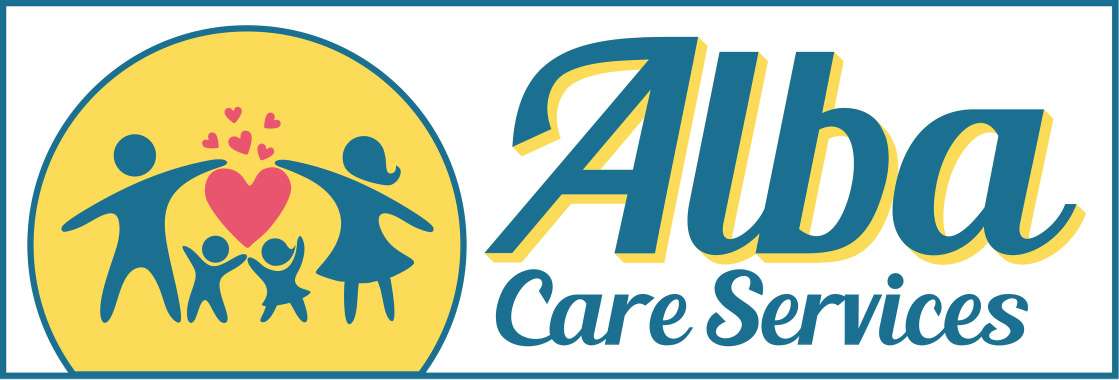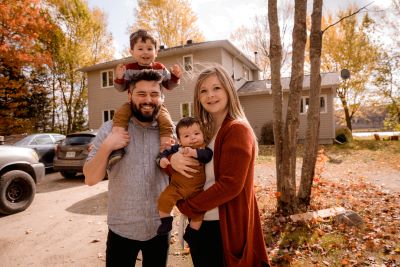If you’re interested in helping vulnerable children and youth, becoming a foster parent may be the perfect option for you. Foster parenting is a rewarding experience that can provide love, guidance, and support to those who need it most. In this comprehensive guide, we’ll take you through the process of becoming a foster parent in California.
What is Foster Care?
Foster care is a temporary living arrangement for children who cannot live with their birth families. This may be due to abuse, neglect, or other family challenges that make it unsafe for the child to remain in their home.
Foster parents provide a safe and nurturing environment for these children until they can safely return to their birth families or find permanency through adoption. Foster care is a crucial part of the child welfare system and plays a significant role in helping children heal and thrive.
Who Can Be A Foster Parent?
In California, almost anyone can become a foster parent, regardless of marital status, income, or sexual orientation. You must be at least 21 years old and have enough space in your home to accommodate a child. However, there are certain qualifications that you must meet in order to become a certified foster parent. These include passing a background check, completing training and orientation programs, and being able to provide a stable and nurturing environment for a child.
The Role of a Foster Parent
As a foster parent, your main role is to provide a safe, stable, and nurturing environment for a child in your care. This includes meeting their basic needs such as food, shelter, and clothing, but also providing emotional support and guidance. You will work closely with the child’s social worker and birth family to ensure the child’s well-being is being met.
The Process of Becoming a Foster Parent
The journey to become a foster parent in California involves several steps including the following:
- Basic Requirements: You need to meet the basic requirements set by the California Department of Social Services (CDSS). This includes being at least 21 years old, having sufficient income to provide stable support for a child, and being able to pass various background checks.
- Training: Next, potential adoptive parents must complete pre-approval training, where they learn about trauma-informed care, child development, and safety precautions. This training often includes obtaining certification in first aid and CPR.
- Application Process: The application process involves submitting an application to the CDSS, which gathers information about you, any other adults who live in your home, and your living arrangements. You either rent or own a home with adequate space for a child.
- Home Study and Family Evaluation: A crucial part of the process is the home study. Here, social workers from the California department visit your home to observe the environment and conduct interviews with all family members. This process helps them decide if your home and family dynamics are suitable for fostering.
- Background Checks: Comprehensive background checks are required for all adults living in the potential foster home. These checks aim to ensure the safety and welfare of the child.
- Approval and Matching: After your application, training, and home study, the department will decide if you are eligible to become a foster parent. If approved, you are then matched with a child whose needs and circumstances align with your abilities and preferences.
Remember, the ultimate goal of fostering is to provide appropriate child care until the child can return to their relatives or be adopted into a loving, forever home. This process ensures that only the most dedicated and capable individuals and families become foster parents, prioritizing the safety and wellbeing of the children in need.
The Benefits of Foster Parenting
Becoming a foster parent can be a life-changing experience, not only for the children you are helping but also for yourself. Some benefits of becoming a foster parent in California include:
- Making a positive impact on a child’s life
- Learning new skills and gaining personal growth
- Becoming part of a supportive community of foster parents
- Receiving financial assistance for the care of the child
- Potential for adoption if the child becomes legally free for adoption
Becoming a foster parent in California can be a fulfilling and rewarding experience. By providing love, stability, and support to children in need, you have the power to make a difference in their lives. If you’re interested in becoming a foster parent, take the first step by attending an orientation session and start your journey towards changing a child’s life for the better. There are also many resources available to support foster parents, including support groups, counseling services, and respite care.
Foster parenting is not always easy, but it is a chance to make a positive impact on a child’s life and create a brighter future for them. So if you’re considering becoming a foster parent in California, know that your efforts will be greatly appreciated and can have a lasting impact on the lives of children in need.
Foster Child Assistance Programs
In California, foster parents may receive various types of aid to support their role as caregivers. One of the key assistance programs offered by the state is the foster family agencies (FFAs). These agencies work closely with the foster care system to provide crucial resources to foster parents, or resource families, helping them address the unique needs of foster children.
Birth parents, despite their circumstances, may also be able to contribute to the child’s care in some capacity. This depends on the court’s decisions and what is deemed to be in the best interest of the child. However, the resource families receive the majority of the support.
Financial aid is a critical form of support offered to foster families. This typically comes in the form of a monthly payment, which is determined based on factors such as the child’s age and the size of the sibling group being fostered. This financial assistance is designed to cover the child’s basic needs and ensure they are provided a loving home.
In Northern California, there are various other organizations that work alongside FFAs, offering additional support to foster families. This can range from specialized training, counseling, to respite care services.
It’s important to note that single or married individuals can be foster parents, and they can also be working parents. The minimum personal requirement is the capability to provide a safe, nurturing environment for a child. Ongoing training and support are available to help foster parents navigate the foster care system and meet the demands of this role.
In conclusion, the foster care system in California provides numerous support to ensure the foster children receive the care they need, and foster parents are equipped to provide a stable, loving home.
Are You A Prospective Foster Parent?
If you are contemplating becoming a foster parent, we encourage you to take the next crucial step – complete an application today. Starting this journey will open up a world of rewards and challenges that is unique to fostering. By becoming a part of a foster family agency, you are joining a passionate community committed to providing loving and stable foster homes for children in need.
Remember, the children you encounter will greatly benefit from the love, guidance, and support your family members can provide. As part of the RFA process, your home will become a safe haven for a foster child, and this transformation will be both profound and enriching.
Don’t let hesitation hold you back. The journey to becoming a foster parent may seem daunting, but with the resources and support available to you, you are more capable than you might think. Remember, every child deserves a nurturing home, and your willingness to open yours could make a life-changing difference. Take that first step today, and begin your journey of becoming a foster parent.
Frequently Asked Questions
Do I need to attend any specific training to become a foster parent?
Yes, prospective foster parents are required to attend special training sessions to learn about children’s needs, safety, and first aid procedures, among other things. This also includes a CPR course.
Can non-relatives become foster parents?
Absolutely. While priority is often given to relatives, non-relatives can certainly become foster parents provided they meet all the necessary requirements and pass the screening process.
Are there certain crimes that would disqualify someone from becoming a foster parent?
Yes, potential foster parents will undergo a thorough background check, and certain crimes, particularly those involving child abuse, neglect, or domestic violence, can disqualify an individual from becoming a foster parent.
When can I expect the first placement after becoming a foster parent?
The timeline for the first placement can vary. After your application, training, and home study are completed, and you are approved, you’ll be matched with a child whose needs align with your abilities and preferences. This process can take several months.
Do I need to complete CPR training to become a foster parent?
Yes, CPR training is a requirement. In addition to this, you will also need to complete first-aid training. This ensures the safety and wellbeing of the child in your care.
What are the space requirements to become a foster parent?
While specific requirements can vary, a general rule is that each child must have their own bed and a suitable amount of space. This space should be safe and comfortable, fostering a nurturing environment for the child.







